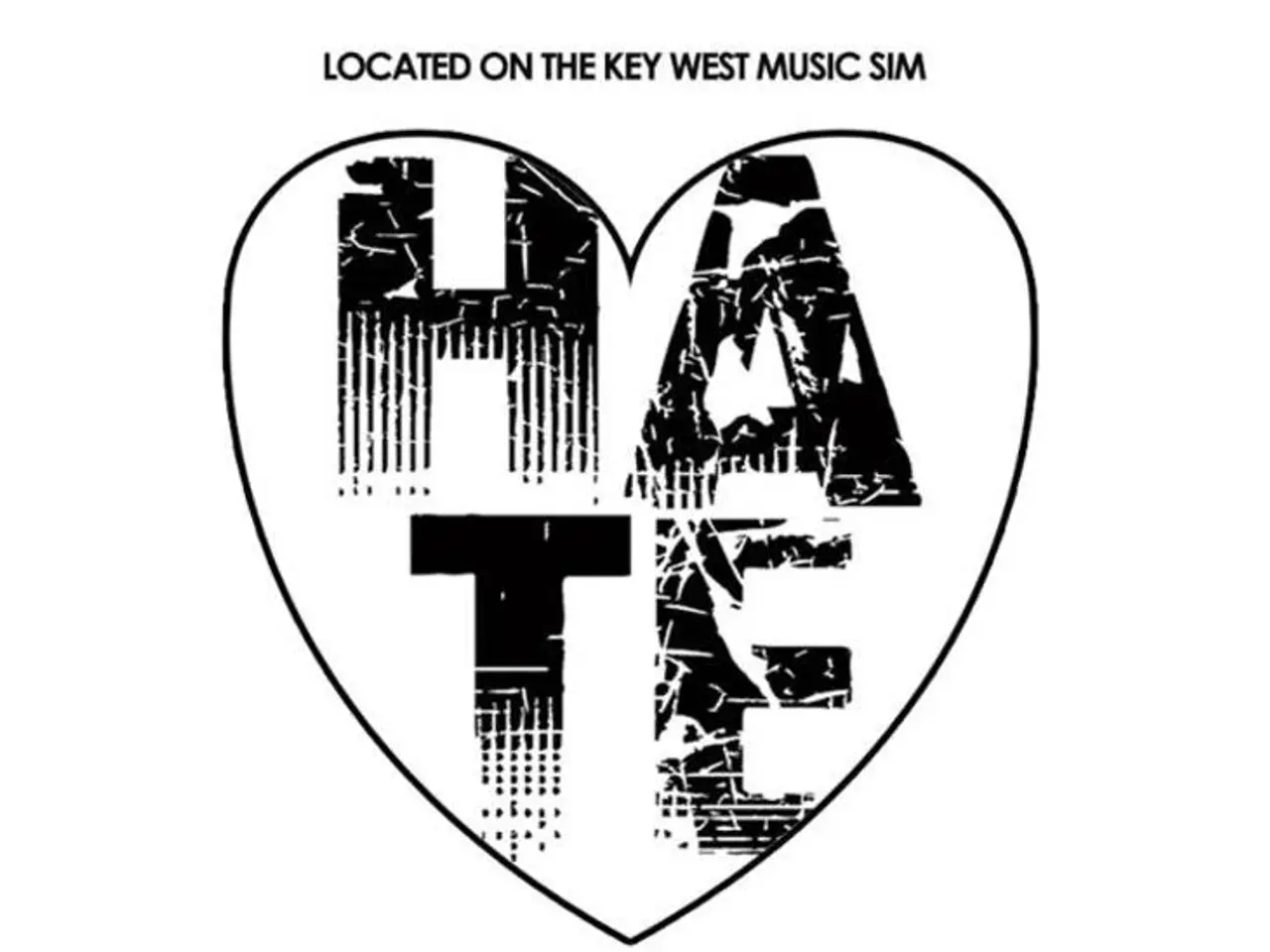Racial Ethics in Healthcare, African American Health Issues, and Dominant Crowds Composed Primarily of Non-Black Individuals
In a poignant legacy post, Keisha Ray, PhD, has raised concerns about the psychological and health effects on Black people due to the attack on the US Capitol by White domestic terrorists. The post, categorised under Black Bioethics, Cultural Ethics, and Health Disparities, offers a thoughtful exploration of what it means to practice Black bioethics in light of these events.
Black bioethics, as defined by Ray, is the exploration of events, ideals, technological advancements, people, or institutions that affect the health or well-being of Black individuals or the Black population. In this context, the attack on the Capitol building is seen as a threat to the health of Black people.
The post highlights the disproportionate rates of hypertension and cardiovascular disease among Black people, conditions that are worsened by stress. The attack, with its disturbing images and the realisation of the fragility of their struggle for equal rights, may induce stress, anxiety, and depression among Black people.
Moreover, Black men have a lower life expectancy than White people, and the attack on the Capitol forces them to think about their own mortality. The post also considers the additional stress and anxiety Black people face due to the higher likelihood of incarceration and being killed by police officers.
Ray also draws attention to the historical context, linking the attack to American slavery and Jim Crow laws. She notes that Black people have not been allowed to express anger publicly due to fear of lethal force, as seen in the Black Lives Matter protests and historical incidents like the 1921 Tulsa Massacre and the Rodney King case.
The post also discusses the potential mental anguish, anxiety, stress, and adverse biological effects on Black people due to the attack. Stress can have long-term effects, particularly for people with chronic conditions, and can be passed down from Black pregnant people to their fetuses, causing low birth weights and poor neurodevelopment.
Ray concludes by urging us to think about the broader implications of the Capitol attack for Black health and demand that action be taken. Black bioethics, she suggests, asks us to look beyond the immediate event and consider the long-term impact on the health and well-being of the Black community.
Read also:
- ICE directed to enhance detention conditions following NYC immigrants' allegations of maltreatment
- Israeli finance minister issues warnings about potential annexation of West Bank territories
- United States faces rebuttal from South Africa over allegedly deceitful human rights report and assertions of land expropriation
- Accident at Rodalben Results in Injuries; Geoskop Area near Kusel Affected After Stormy Weather








